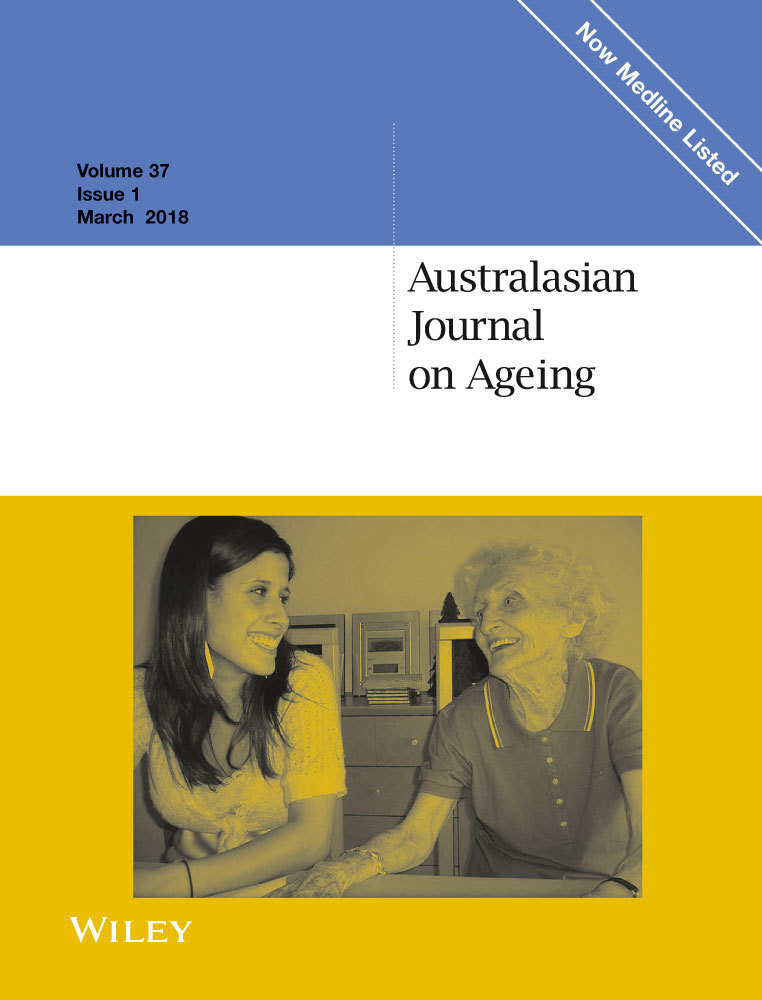Reducing geriatric outpatient waiting times: Impact of an advanced health practitioner
Abstract
Objective
To investigate the impact on patient waiting times of a role substitution model introducing an advanced allied health practitioner as the first point of contact within a geriatric outpatient context.
Methods
A pre- to postintervention design was used to determine impact over a five-year period (2008–2012). All patients referred to the geriatric specialist outpatient department were included (n = 1514). Data relating to waiting times were analysed using one-way ANOVA and post hoc Tukey tests to determine effects on patient waiting times.
Results
Waiting times were reduced from an average of 82 to as low as 35 days, in a context of increasing referral rates. Medical specialist capacity was increased through improvements to available outpatient times and reduced appointment lengths. Patients seen within their designated triage category timeframe increased from 47 to 86%.
Conclusion
Health professional substitution in geriatrics can be an effective intervention for reducing patient waiting times and improving access to care.




